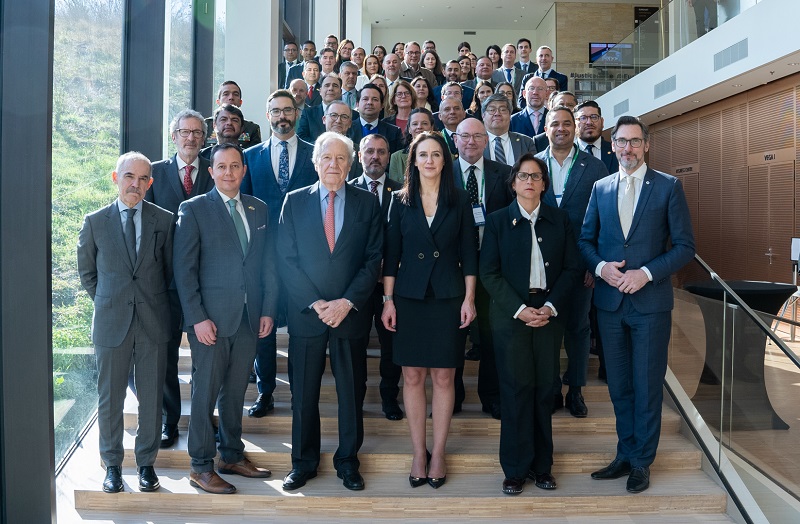Global cooperation is key to ensuring safety and fighting the increasingly numerous international operating criminal networks. On 7 March, representatives from 15 Latin American countries visited Eurojust to experience first-hand how the Agency ensures that judicial authorities can work together swiftly and safely. Continue reading…
Gone are the days when organisations could simply promise a speak up culture. Today, fostering a culture of trust, integrity, and a positive work environment…
Download whitepaper









